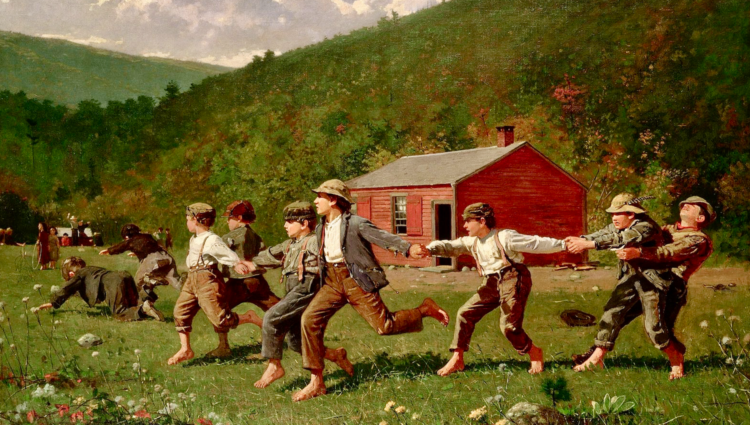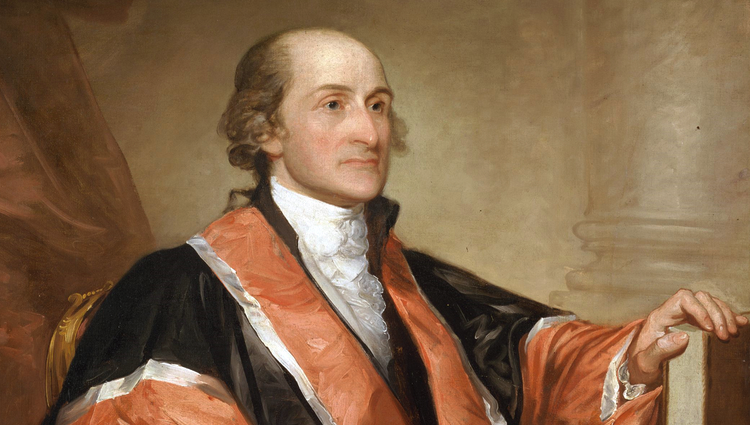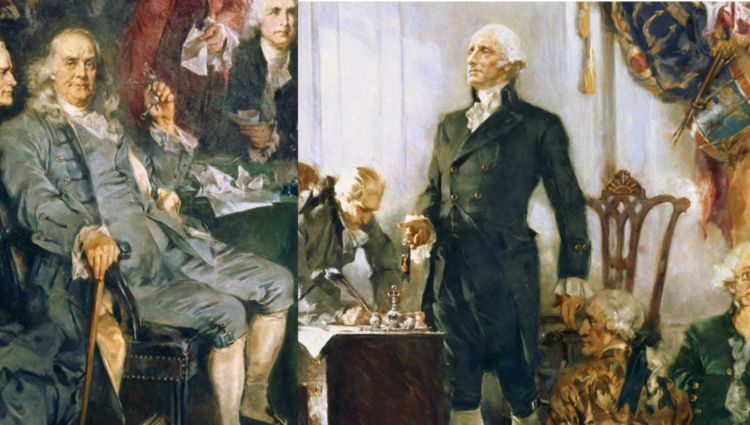America’s Identity Crisis: National Character & Political Disorder
I suggest a crisis by collecting in one breath the terms national character and political disorder. Nor do I shrink from the implicit affirmation that the people of the United States confront an identity crisis at the very center of our national existence, at once moral and political and touching precisely upon the reciprocal relationship [...]



